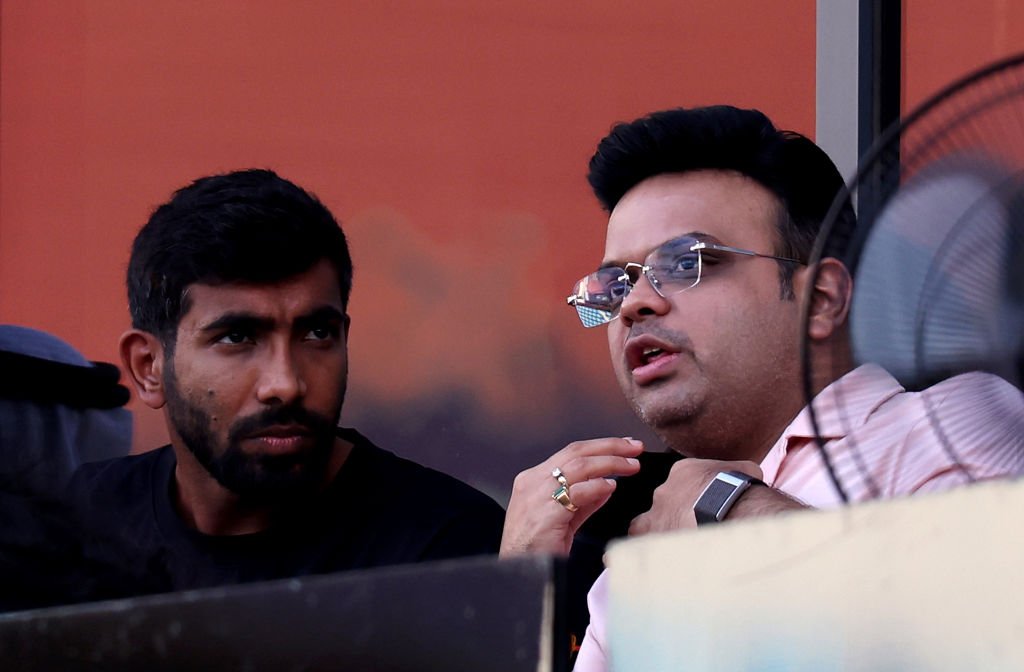
The ongoing discussions between the Board of Control for Cricket in India (BCCI) and the Pakistan Cricket Board (PCB) regarding the proposed hybrid model for cricket tournaments have sparked significant interest in the cricketing community. The resolution of this situation could have far-reaching implications for international cricket, especially considering the historical context of India-Pakistan cricket relations.
In recent months, the PCB has presented a hybrid model proposal to the ICC, particularly concerning the hosting of the Champions Trophy 2025 in Pakistan. This model suggests that matches could be held at neutral venues, especially for Indian matches, given the BCCI’s reluctance to send the national team to Pakistan. The BCCI has historically avoided touring Pakistan due to security concerns and political tensions, a stance reinforced by the Indian government’s position on cross-border cricketing activities.
The Hybrid Model Proposal
The hybrid model proposed by the PCB aims to facilitate Pakistan’s hosting of the Champions Trophy while ensuring that Indian matches are played in more secure environments, potentially outside Pakistan. This proposal has garnered support from several Asian cricketing nations but remains contentious due to India’s steadfast reluctance to tour Pakistan.
Reports indicate that the BCCI might consider this proposal under certain conditions, particularly if Pakistan agrees to play its matches in India during the ICC World Cup. The PCB’s stance is clear: they demand a commitment from the BCCI to send their team to Pakistan for the Champions Trophy if India wants to participate in any hybrid arrangement for the World Cup.
Recent Developments and Reactions
As the cricketing world awaits a definitive response, both boards are preparing for their upcoming meetings with the ICC, which will take place in Sri Lanka. The discussions will likely focus on the feasibility of the hybrid model, the security arrangements necessary for Indian matches, and the logistical challenges of hosting international tournaments across multiple venues.
The PCB has made it known that they oppose any attempts to relocate the tournament from Pakistan, insisting that any decision to withdraw must be communicated formally and well in advance. PCB officials have also hinted that they might not participate in the World Cup if their proposal is not accepted, emphasizing the need for constructive dialogue and mutual understanding.
Implications for International Cricket
The outcome of these discussions will have significant implications for the future of cricket in both countries. A successful resolution could pave the way for more collaborative efforts between the BCCI and PCB, fostering goodwill and enhancing cricketing ties. Conversely, a breakdown in negotiations could further strain relations and hinder opportunities for cricketing exchanges between the two nations.
Moreover, the international cricket community is closely monitoring this situation. The ICC’s stance on the hybrid model will also influence how future tournaments are structured, particularly concerning venues that are deemed safe and viable for all participating nations.
Conclusion
In summary, the acceptance of the PCB’s hybrid model proposal by the BCCI and the Indian government remains uncertain. While there are signs of a potential thaw in relations, significant hurdles must be overcome before any agreement can be reached. Both boards will need to prioritize dialogue and cooperation, focusing on the mutual benefits that a stable cricketing relationship can offer.
As discussions unfold, the cricketing world will keenly observe how this pivotal moment shapes the future of international cricket between India and Pakistan, two nations with a rich cricketing heritage and a deep-rooted rivalry. The upcoming ICC meetings will be crucial in determining the direction of these negotiations and, ultimately, the future of cricketing ties between the two nations.

